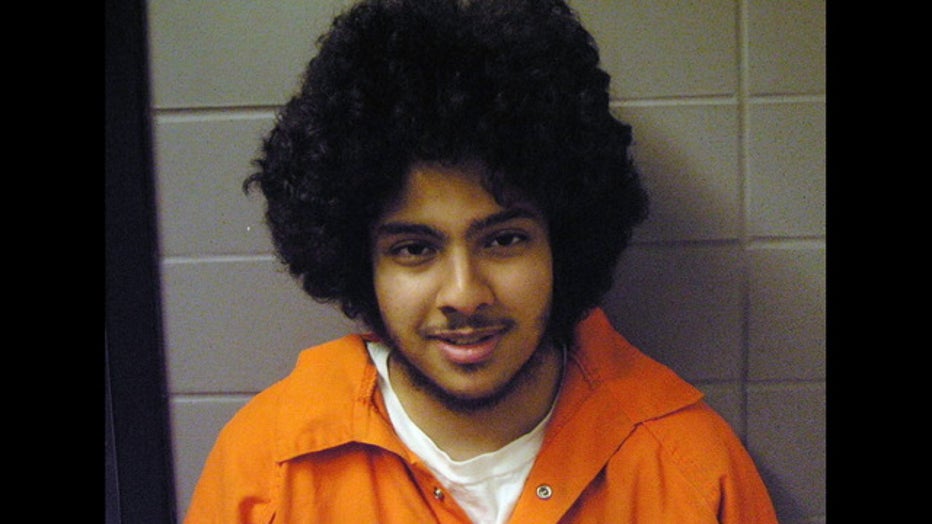Hillside man wants to take back guilty plea, go to trial in 2012 bombing case

Hillside man wants to take back guilty plea, go to trial in 2012 bombing case
A decade after the feds say he tried to set off what turned out to be an inert 1,000-pound car bomb outside a downtown Chicago bar, a Hillside man says he wants to take back the unusual guilty plea he entered in 2018 and go to trial instead.
CHICAGO - A decade after the feds say he tried to set off what turned out to be an inert 1,000-pound car bomb outside a downtown Chicago bar, a Hillside man says he wants to take back the unusual guilty plea he entered in 2018 and go to trial instead.
The move by Adel Daoud, now 29, threatens to further prolong the case that has stretched on ever since his arrest at the age of 18 in September 2012. It has already been delayed by Daoud’s mental health issues, as well as an appellate court’s ruling that a judge "downplayed the extreme seriousness" of the matter when she gave Daoud only 16 years in prison in 2019.
Now Daoud’s new defense attorney, Quinn Michaelis, argued in a motion filed early Tuesday that Daoud had "several legitimate defenses amounting to legal innocence which he abandoned at the last minute," based on his previous attorney’s concerns about Daoud’s mental health.
"It appears that Mr. Daoud’s previous counsel’s concerns about Mr. Daoud’s mental health trumped all other paths forward," Michaelis wrote.

Adel Daoud
SUBSCRIBE TO THE FOX 32 YOUTUBE CHANNEL
Daoud was arrested at the end of a monthslong FBI investigation. It culminated with an undercover FBI agent providing him with an inert bomb installed in a Jeep that reeked of gasoline and was filled with wiring and "bags and bags of fertilizer." Authorities nabbed Daoud after he allegedly tried to set off the bomb outside the Cactus Bar & Grill.
Afterward, Daoud allegedly enlisted a fellow jail inmate in an attempt to have the undercover agent killed. Then, in 2015, Daoud allegedly attacked another inmate who had taunted him with a drawing of the Prophet Muhammad. The attack left the victim covered in blood.
U.S. District Judge Sharon Johnson Coleman in 2018 accepted a specialized guilty plea from Daoud, in which he admitted the facts revolving around his arrest but still denied culpability. It’s known as an Alford plea, and the judge accepted it over the objection of prosecutors.
Then, the judge sentenced Daoud in 2019 to 16 years in prison. The 7th U.S. Circuit Court of Appeals not only wound up overturning that sentence, it took Daoud’s case away from Coleman. The case is now being handled by U.S. District Judge Matthew Kennelly.
For now, Daoud is being held in Chicago’s downtown Metropolitan Correctional Center, prison records show.

